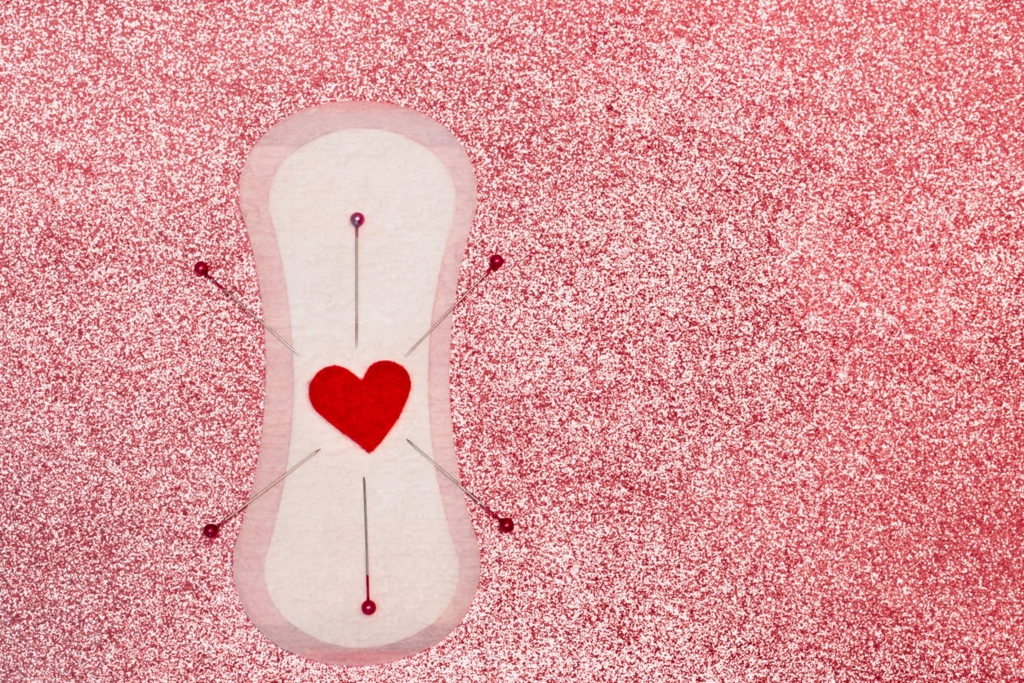PMDD: Premenstrual Dysphoric Disorder

Premenstrual dysphoric disorder, or PMDD, is a fairly common condition that can affect women of all ages. Symptoms of PMDD can be quite severe and may include mood swings, irritability, fatigue, bloating, and changes in appetite. If you are experiencing these symptoms on a regular basis and they are impacting your quality of life, it is important to seek help from a doctor. In this blog post, we will discuss the causes and symptoms of PMDD as well as treatment options.
PMS vs. PMDD
PMS, or premenstrual syndrome, is a condition that affects women during the weeks leading up to their period. Symptoms include mood swings, irritability, bloating, and cravings. Though PMS can be uncomfortable, it is generally not severe enough to interfere with daily life. PMDD, or premenstrual dysphoric disorder, is a more severe form of PMS that can cause significant distress and disruption. Symptoms of PMDD include depression, anxiety, irritability, and sleep problems. Because the symptoms of PMDD are so similar to those of other mental health conditions, it can be difficult to diagnose. However, treatment is often effective in managing symptoms and improving quality of life.
Symptoms
The most common symptoms of PMDD include depression, anxiety, irritability, fatigue, insomnia, breast tenderness, headaches, and cramps. These symptoms usually begin one to two weeks before menstruation and resolve shortly after menstruation starts. While the exact cause of PMDD is unknown, it is thought to be related to changes in hormone levels during the menstrual cycle. Treatment for PMDD typically involves medication and lifestyle changes. If you think you may be suffering from PMDD, please talk to your doctor.
PMDD Diagnostic Rating Tools
There are several different types of PMDD diagnostic rating tools available to help health care providers assess the severity of a woman's symptoms and make a diagnosis. The most commonly used tool is the Hamilton Depression Rating Scale, which rates symptoms on a scale of 0 to 51. A score of 17 or higher is considered indicative of PMDD. Other tools include the Clinical Global Impression (CGI) Severity Scale and the Daily Record of Severity of Problems (DRSP). While these scales are not as widely used as the Hamilton scale, they can be helpful in assessing the severity of a woman's symptoms and making a diagnosis.
The Genetic Factor
PMDD, or premenstrual dysphoric disorder, is a severe form of PMS that affects around 3-8% of women of childbearing age. While the exact cause of PMDD is unknown, it is thought to be caused by a combination of factors, including genetic predisposition. Studies have shown that women with PMDD are more likely to have a first-degree relative with the condition, indicating that there may be a genetic component. Additionally, women with PMDD are more likely to have certain variants of serotonin-related genes. These genes are involved in serotonin metabolism and transport, and variations in these genes have been linked to mood disorders such as anxiety and depression. While the exact role that genetics plays in the development of PMDD is not yet fully understood, it is clear that there is a strong link between the two. As research continues, it is hoped that a better understanding of the genetic component of PMDD will lead to more effective treatments for this debilitating condition.
Role of GABA and Serotonin
While the exact cause of PMDD is unknown, it is thought to be related to an imbalance in the brain chemicals serotonin and GABA. Serotonin plays a role in regulating mood, and low levels of serotonin are linked to depression. GABA is an inhibitory neurotransmitter that helps to calm anxiety. Some research suggests that women with PMDD may have lower levels of GABA, leading to increased anxiety and stress. Treatment for PMDD typically involves medication and lifestyle changes such as exercise and stress reduction. Some women with PMDD also find relief from supplements such as magnesium or vitamin B6, which can help to regulate serotonin levels.
Diuretics
PMDD diuretics are a type of medication that is commonly used to treat premenstrual dysphoric disorder (PMDD). Diuretics work by increasing the amount of urine produced by the body, which helps to reduce the level of fluid retention and bloating associated with PMDD. Common side effects of diuretics include dry mouth, headache, and dizziness. In rare cases, diuretics can cause dehydration and electrolyte imbalances. Therefore, it is important to talk to your doctor about any possible risks before taking diuretics for PMDD.

